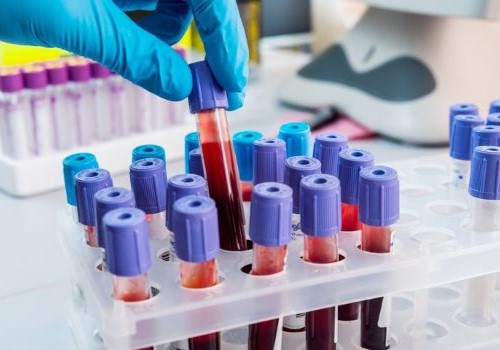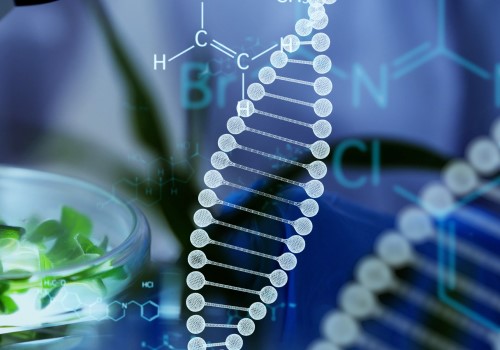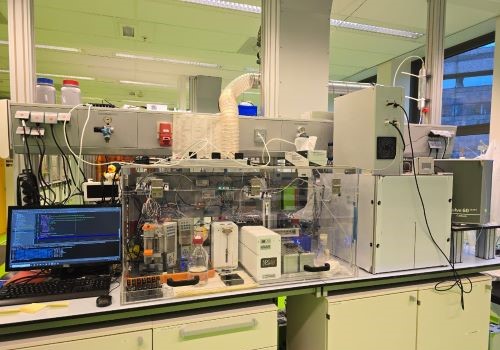Rice is the major staple food crop of India. Rice productivity is adversely affected abiotic stresses such as drought, salinity, heat and cold stresses. Therefore, identification of genes and genetic improvement of stress tolerance is imperative for sustainable rice production. Several genes from rice have been functionally validated by using EMS mutants and transgenics. Often, many of these desirable alleles are not available indica rice which is mainly cultivated, and where available, introgression of these alleles into elite cultivars is a time and labour intensive process, in addition to the potential introgression of non-desirable genes due to linkage. CRISPR-Cas technology helps development of elite cultivars with desirable alleles by precision gene editing.
Our lab is focussing on gene editing in rice for gene function validation and development of rice genotypes with improved yield and abiotic stress tolerance. Rice genes DROUGHT AND SALT TOLERANCE (DST), Clade A PROTEIN PHOSPHATASE 2Cs (PP2Cs), FARNESYL TRANSFERASE (FTA), and PHYTOMELATONIN RECEPTOR 1 (PMTR1) are edited in rice. Methods to deliver genome editing reagents, detection of mutants, analysis of off-targets and analysis of foreign gene in the gene edited mutants will be presented.
Further, a summary of progress made in genetic improvement of rice for yield and stress tolerance by gene editing of DST gene in indica rice cv. MTU1010 will be discussed. We used two different gRNAs to target regions of DST protein that might be involved in protein–protein interaction and successfully generated different mutant alleles of DST gene. We have generated five different alleles of DST gene. Four different mutant alleles of dst produced leaves with broader width and reduced stomatal density, and thus enhanced leaf water retention under dehydration stress. Our study showed that the reduction in stomatal density in loss of function mutants of dst is, at least, in part due to downregulation of stomatal developmental genes SPCH1, MUTE and ICE1. The Cas9-free dst∆366bp mutant exhibited moderate level tolerance to osmotic stress and high level of salt stress in seedling stage. Other mutants with 2bp deletion and 24 bp deletion were also analysed and found to confer salt and drought tolerance.Further dst mutants exhibited enhanced yield under non-stress conditions due to enhanced tiller number and grains per panicle. Thus, dst mutant alleles generated in this study will be useful for improving both yield and, drought and salt tolerance in indica rice cultivars.









